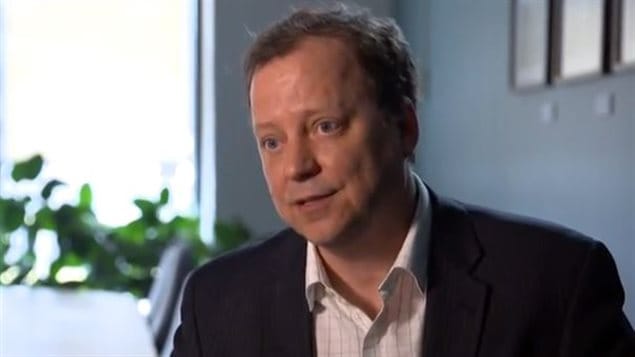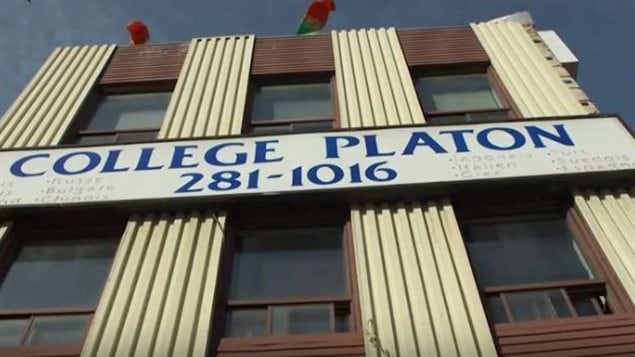It bills itself as “one of Montreal’s oldest language schools” but College Platon located in the city’s trendy Plateau neighbourhood is facing accusations of defrauding foreign students, according to reports by Radio-Canada’s French-language investigative show La Facture.
Over the last twenty years, the language school, which claims to be “a proud recipient of the Consumer’s Choice Award for multiple years,” has been in fact the subject of several investigations and fines issued by Quebec’s consumer protection bureau, La Facture discovered.
The fines by the provincial consumer protection bureau relate to a persistent practice of refusing to reimburse foreign students who for whatever reason were not able to get a student visa to come and study in Canada, says the report by La Facture.
Expensive promises
College Platon, which claims it was founded in 1957, says on its website that it teaches over two dozen languages. The school also claims to have a special government permit, called CP 0411, which allows it to cater its services to foreign students willing to come to Canada to learn English or French. It also claims to be a member of Languages Canada, an association of accredited English and French language schools.
And all this doesn’t come cheap.
According to the school’s website, a six-month intensive language course costs $4,195. A 48-week course would set you back $7,645.
Foreign students wishing to study in Canada must obtain a student visa. But to apply for the visa they need a letter of registration from an accredited school.
It appears College Platon insisted on foreign students paying the full tuition before providing them with such a letter, even though the practice is illegal. And in several cases where foreign students failed to get the coveted student visa, college officials refused to reimburse applicants, according to La Facture.
Kheisy’s fight

Kheisy Mendoza was one such student. The 28-year-old Colombian was hoping to come to Canada to study English and French. She told La Facture she had saved for five years to get the required sum.
“They asked me to pay in advance but on their website it said that they will reimburse you if you don’t get a visa,” Mendoza told La Facture.
That wasn’t the case. When Canadian authorities refused to issue her the visa, Mendoza asked College Platon for the promised reimbursement. But she got stonewalled. After waiting for two years for the reimbursement, she contacted a friend in Montreal and asked for his help.
Troubling pattern
He had no luck either.
“Every time I went there I hit a wall,” Samuel Therrien told La Facture. “I wrote emails, I called, I wrote directly to the head of the college but I never got an answer, not a single confirmation, nothing.”
Exasperated, Therrien filed a complaint with the provincial consumer protection bureau.
He found out he wasn’t alone.

Charles Tanguay, a spokesperson for the consumer protection bureau, told La Facture that in the last two years they have received 14 complaints against the college and at least 10 of those are from foreign students.
The college and its administrators had been found in breach of the provincial consumer protection laws on four occasions, Tanguay said.
La Facture investigation found other troubling facts. Even though the college claims to have been founded in 1957, the earliest mention of the school in the provincial registry of companies dates back to 1992. And the special government permit, CP 0411, the school claims to have, never existed.
No more accreditation
College Platon president Chris Kavathas refused to grant an interview to La Facture. However, in a phone conversation with the show’s reporter Kavathas said about 80 per cent of foreign student visa applications are denied. “All those people will be reimbursed, for sure,” Kavathas said.
Mendoza is still waiting for her hard-earned money.
Following La Facture’s investigation, Languages Canada, which accredits language schools teaching Canada’s two official languages cut its ties with College Platon. Without that accreditation the school cannot apply for a special permit issued by the provincial ministry of education that allows it to cater to foreign students.







For reasons beyond our control, and for an undetermined period of time, our comment section is now closed. However, our social networks remain open to your contributions.